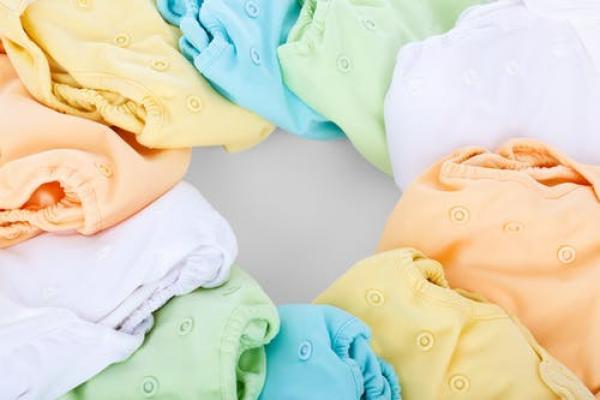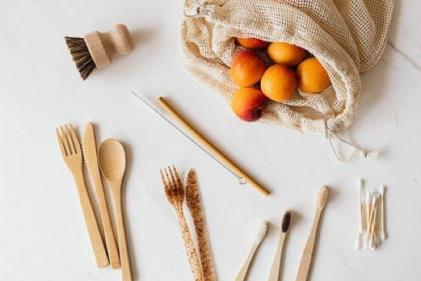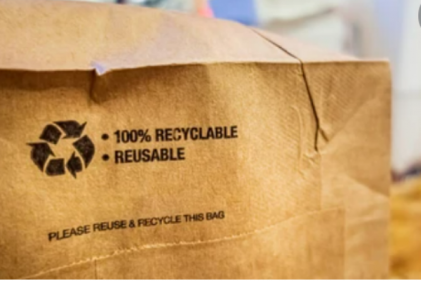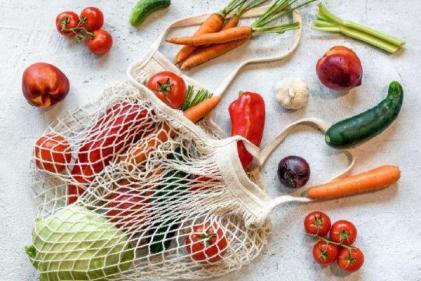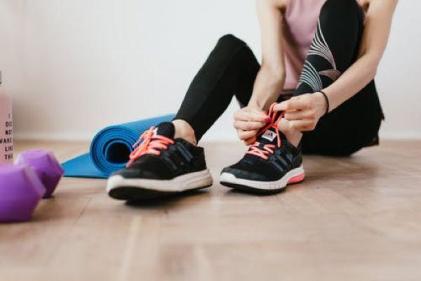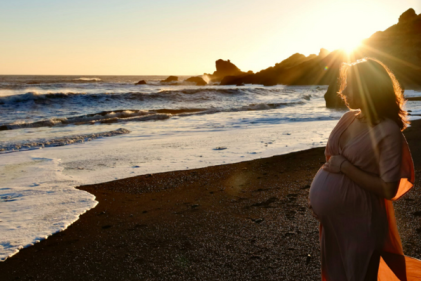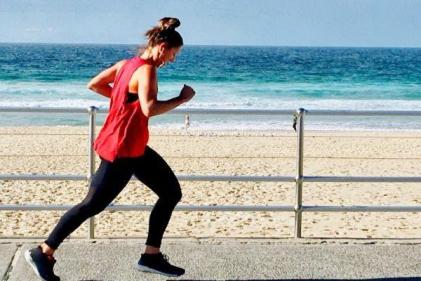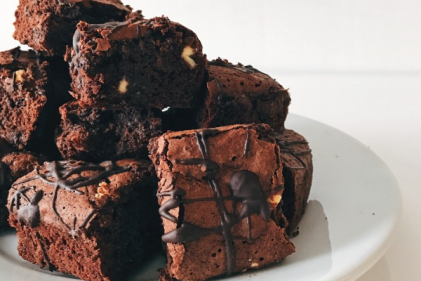Parenting is all about rushing. It can feel like there is never a second to stop and take stock of our day to day habits in a world where we increasingly need to be conscious of how and what we consume. And parenting is a lifestyle where it is particularly difficult to be mindful about our consumption. It's hard, being so overwhelmed all the time and to also try to make extra time in our routines to live an eco-conscious life, when the wet wipes and disposable nappies are that much simpler.
But Mum and parenting/sustainability blogger, Emma Ross has overhauled her parenting to be as eco friendly as possible in her parenting approach. A self-proclaimed 'slow and sustainable parenting' advocate, she shares her day to day habits with her followers in the hopes of inspiring others to adopt even just a few habits that could change how much parenting impacts the earth. She tackles everything from mental health, to crafting to slowing life down a little, and her enthusiasm and realness reminds us that we're not perfect and we don't need to be. We just need to to the best we can, which is her approach to sustainable parenting with her two boys, Jack aged 4 and Sunny aged 2.
She recently shared her top tips for plastic-free parenting in the hopes of encouraging other to give it a go, to see if we can switch out even one or two of our regularly consumed, single-use items for more sustainable alternatives.
Switch to Cloth Nappies
This is probably one of the more contentious topics out there. The invention of the disposable nappy was a turning point in many parents lives back in the 1950s when it was first introduced to the market. But the bright idea came with consequences. By the 1970s, American babies were going through 350,000 tons of disposable diapers, making up 0.3% of U.S. municipal waste.
Today, BBC reports that an estimated three billion nappies are thrown away every year in the UK, accounting for 2-3% of all household waste, according to recycling charity Wrap. This kind of waste is what Ross hopes to combat by switching her kids over to cloth nappies.
'People think that cloth nappies are really complicated or you have to use safety pins and that it's just really hard work, when really, they are not. It's exactly the same shape as a disposable nappy, but instead of the plastic tabs, you've got Velcro tabs.'
Use bamboo toothbrushes
Plastic toothbrushes can take up a thousand years to break down, whereas bamboo ones are made of all natural material and so break down will be much faster and much better for the environment. They are a little more expensive, but in the long run, the switch is for the greater good.
Switch to wooden toys
This one may be slightly more difficult than other depending on how old your kids are and how much they've been exposed to what kind of toys other children have. But, they are inexpensive, beautiful, have old-worldy feel and can be bought second hand. It's guilt free indulging in your child to pick some up, as, like the bamboo toothbrushes, they'll easily decompose.
Make the change to cloth wipes
We know - wet wipes are a God-send with sticking hands and faces everywhere. But each one-use wipe builds up. Emma has a basket full of cloth wipes - you could even buy a few towels and cut them up - which she uses instead of wet wipes. She simply puts everything in the wash at night and has them ready to go the next time.
Switching to soap bars
For body wash, shampoo, hand soap, even conditioner! A super easy way to cut back on plastic bottles that litter the sink and bathtub, these soaps are compact, long lasting and waste-free. You can find lots of natural alternatives that give your skin and hair all the care that they need while still doing the job!
How many of these would you be willing to try?Do you think it's feasible to try as a parent?

